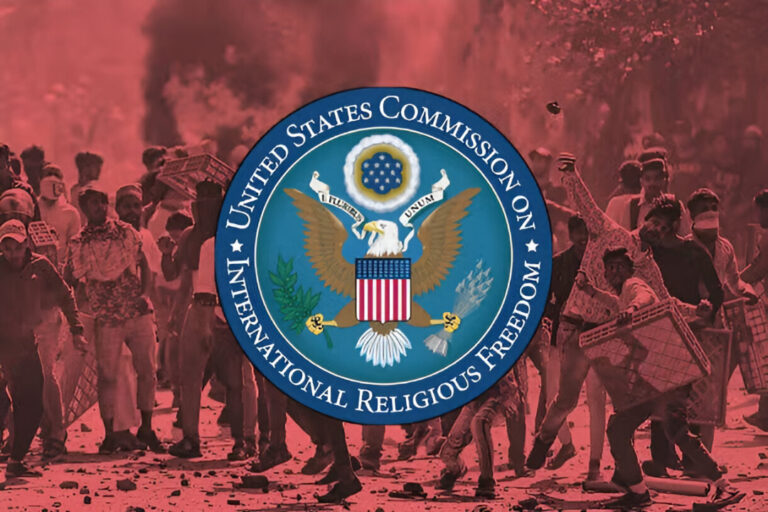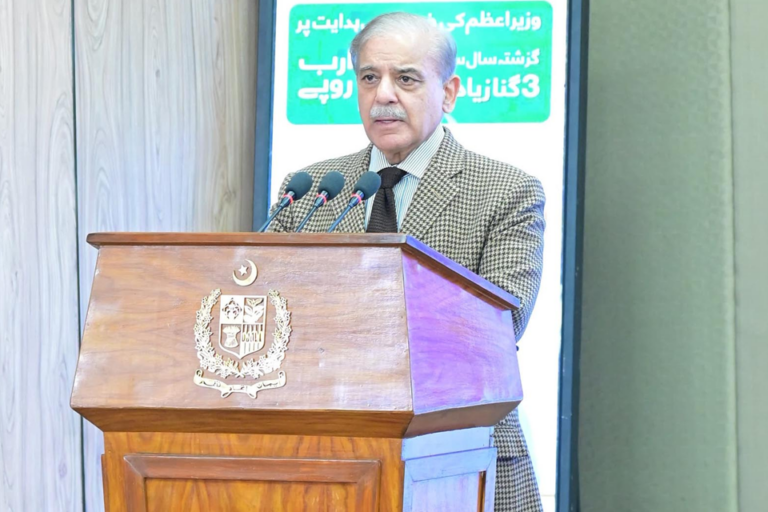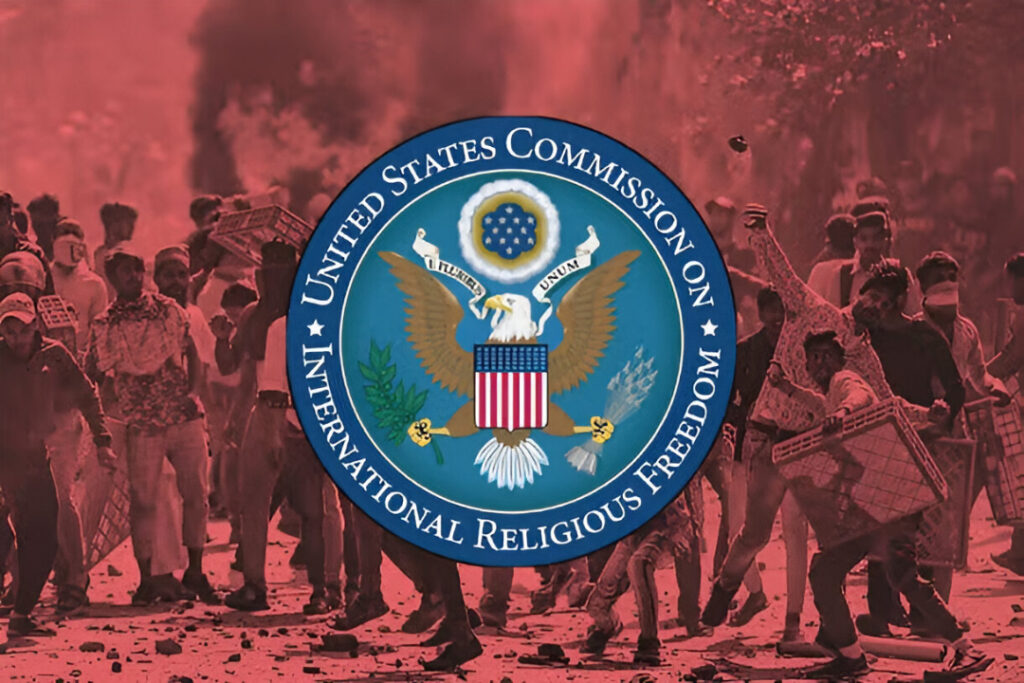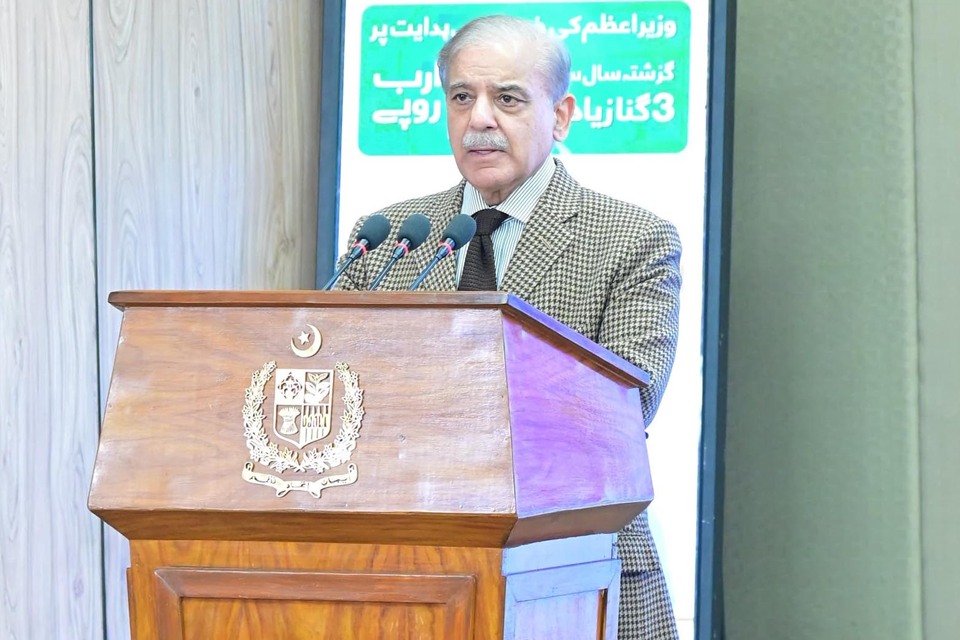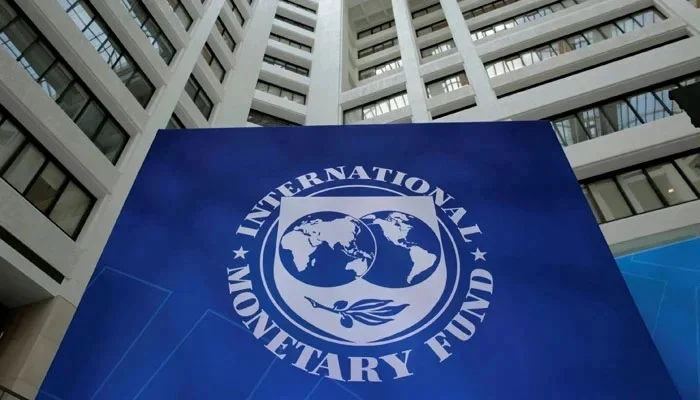Previously, President Donald Trump introduced plans for a new travel ban targeting Afghanistan and Pakistan, citing security concerns. That policy, expected to take effect within weeks, was part of a broader immigration crackdown. Advocacy groups raised alarms, particularly for Afghans awaiting resettlement, as the administration signaled tougher restrictions on visa issuance.
Now, the Trump administration has escalated its approach, issuing a 60-day deadline for Pakistan to address security deficiencies or face partial visa suspensions. According to internal government documents, Pakistan is among 26 nations placed in the third tier of a new classification system. If it fails to meet U.S. security standards within the given timeframe, the country may see significant restrictions on visa categories for its citizens.
This policy builds on Trump’s longstanding stance on immigration and security. In 2018, the Supreme Court upheld his travel ban on several Muslim-majority nations, setting a precedent for restrictive measures. The new directive, part of an executive order issued on January 20, mandates stricter vetting for foreign nationals. It also requires officials to submit a list of countries with security concerns by March 21. Pakistan’s inclusion suggests heightened scrutiny of its information-sharing practices and passport security protocols.
While the full extent of the restrictions remains uncertain, the move could have far-reaching implications for Pakistanis seeking to travel, study, or work in the United States. It also raises concerns about potential diplomatic tensions between the two nations. The Pakistani government has yet to issue an official response, but compliance with the U.S. demands within the 60-day window may be crucial in preventing broader travel limitations.
Meanwhile, advocacy groups and affected individuals are bracing for possible disruptions. The directive follows Trump’s prior 90-day refugee admissions freeze, which left thousands of Afghans stranded in Pakistan. Experts warn that similar consequences could unfold if Pakistan fails to meet U.S. security requirements.





